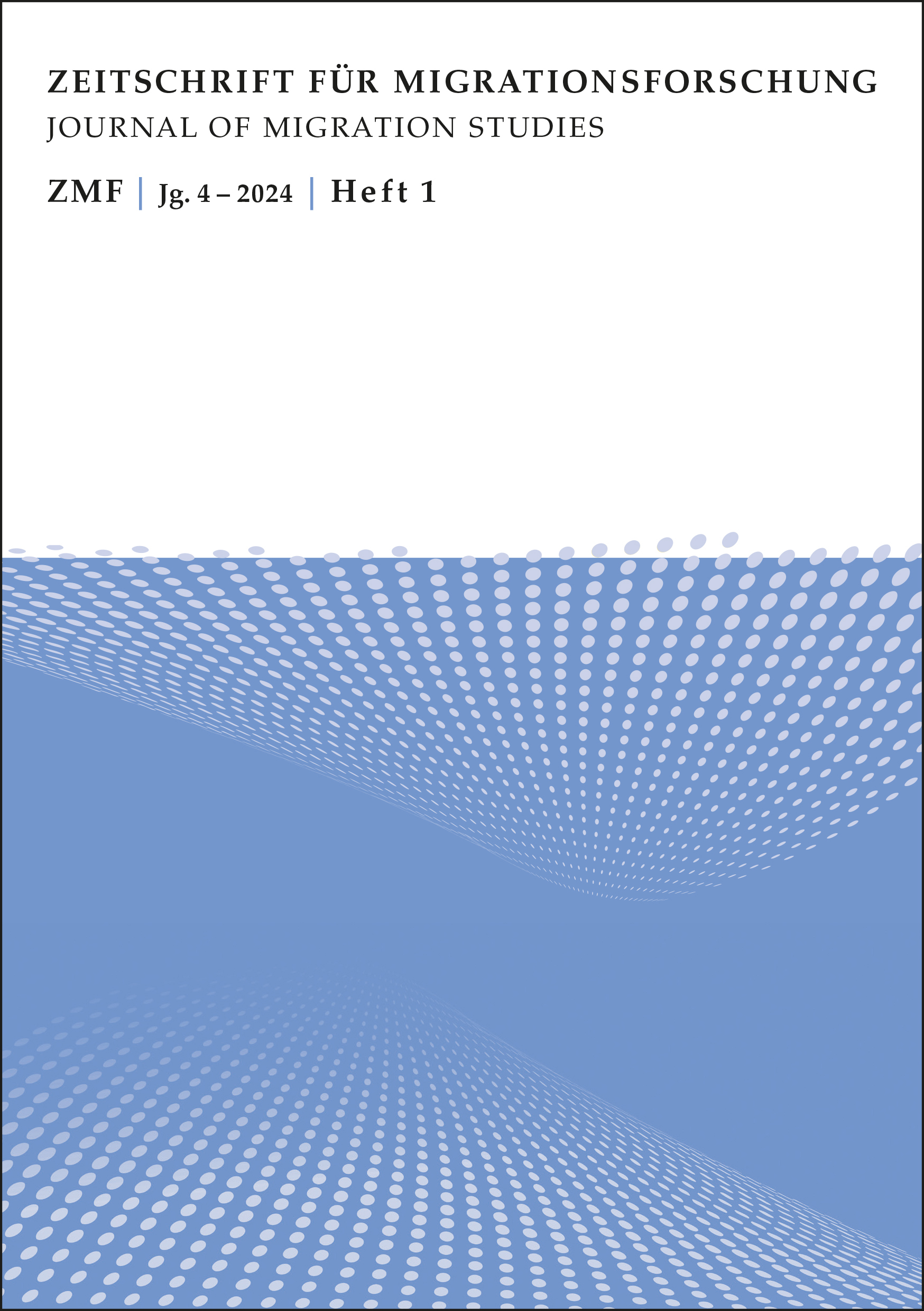Hauptsächlicher Artikelinhalt

Abstract
Die internationale Studierendenmobilität nimmt stetig zu und wird von einer Vielzahl von Motiven geprägt. Während bisherige Studien wirtschaftliche und strukturelle Faktoren hervorheben, geht dieser Aufsatz stärker auf kontextspezifische Motive für die Entscheidung zur Aufnahme eines Studiums im Ausland ein. Anhand qualitativer Interviews mit ukrainischen Bildungsmigrant*innen in Deutschland wird untersucht, wie persönliche Erfahrungen und das soziale Umfeld ihre Entscheidung für Deutschland als Studienort beeinflussen. Die Studie stützt sich auf die dokumentarische Methode von Arnd-Michael Nohl, um das Zusammenspiel von sozialen Orientierungen und Erfahrungen herauszuarbeiten und die Rolle sozio-emotionaler Aspekte bei der Entscheidung von Studierenden für ein Auslandsstudium und die damit verbundene Bildungsmigration aufzuzeigen. Dabei wurden drei Typen von Bildungsmigrant*innen identifiziert: elterngeprägte Unabhängigkeitssuchende, engagierte Entdecker*innen und karrierebewusste Selbstentwickler*innen, deren soziale Kontexte ihre Motivation zur Bildungsmigration formen.
Deciding to Study Abroad: Motivational Factors from a Contextual-Situational Approach Using the Example of Ukrainian Academic Migrants in Germany
International student mobility is growing steadily and is shaped by a variety of motives. While existing studies highlight economic and structural factors, this study takes a deeper dive into context-specific motives for the decision to study abroad. Using qualitative interviews with Ukrainian academic migrants in Germany, it examines how personal experiences and the social environment influence their decision to study in Germany. The study is based on Arnd-Michael Nohl’s Documentary Method in order to reveal the interplay between social orientations and experiences and to emphasize the role of socio-emotional aspects in students’ decisions to study abroad and the associated academic migration. Three types of educational migrants were identified: parent-influenced independence seekers, engaged explorers and careeroriented self-developers, whose social contexts shape their motivation to migrate for education.
